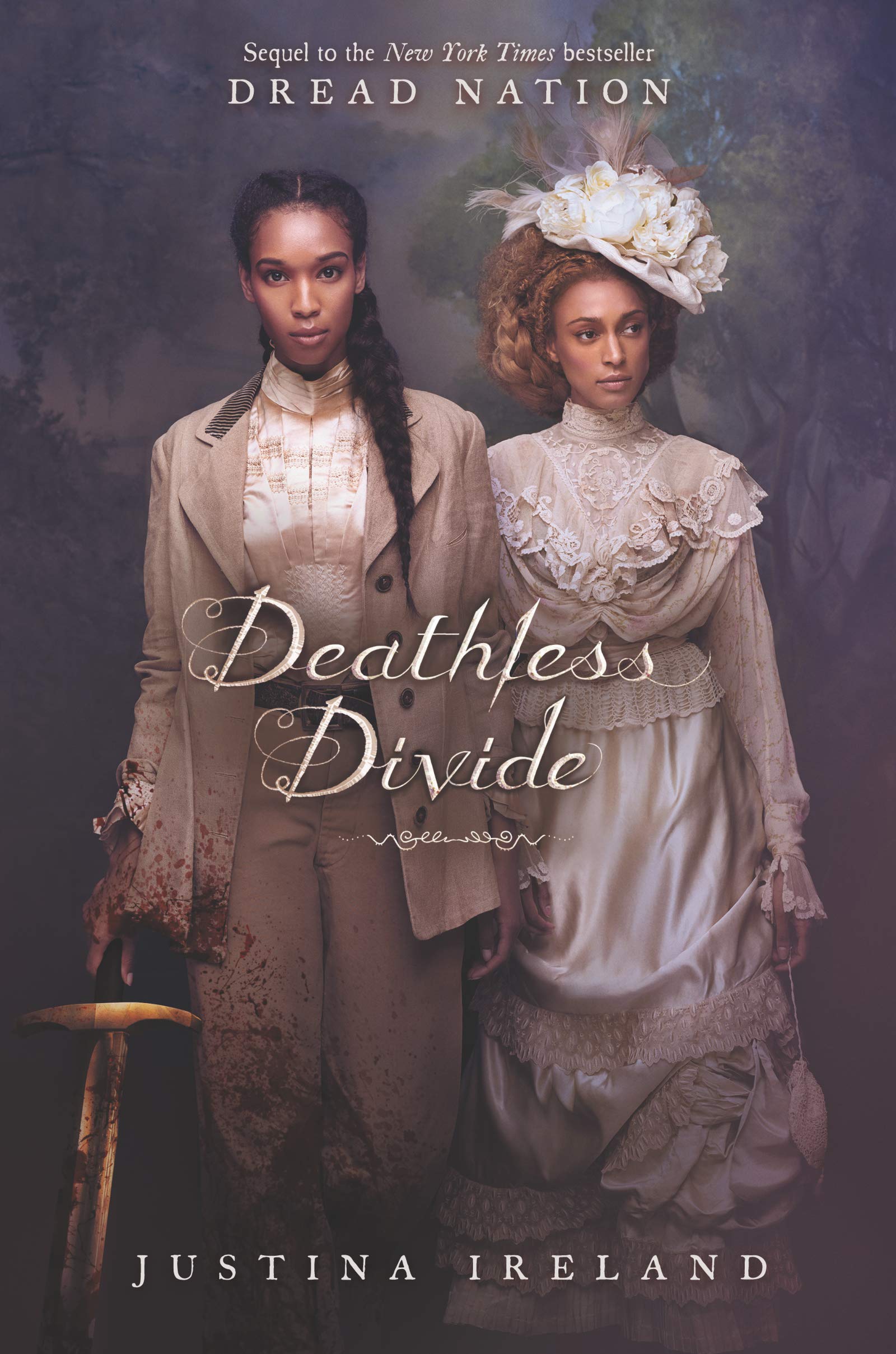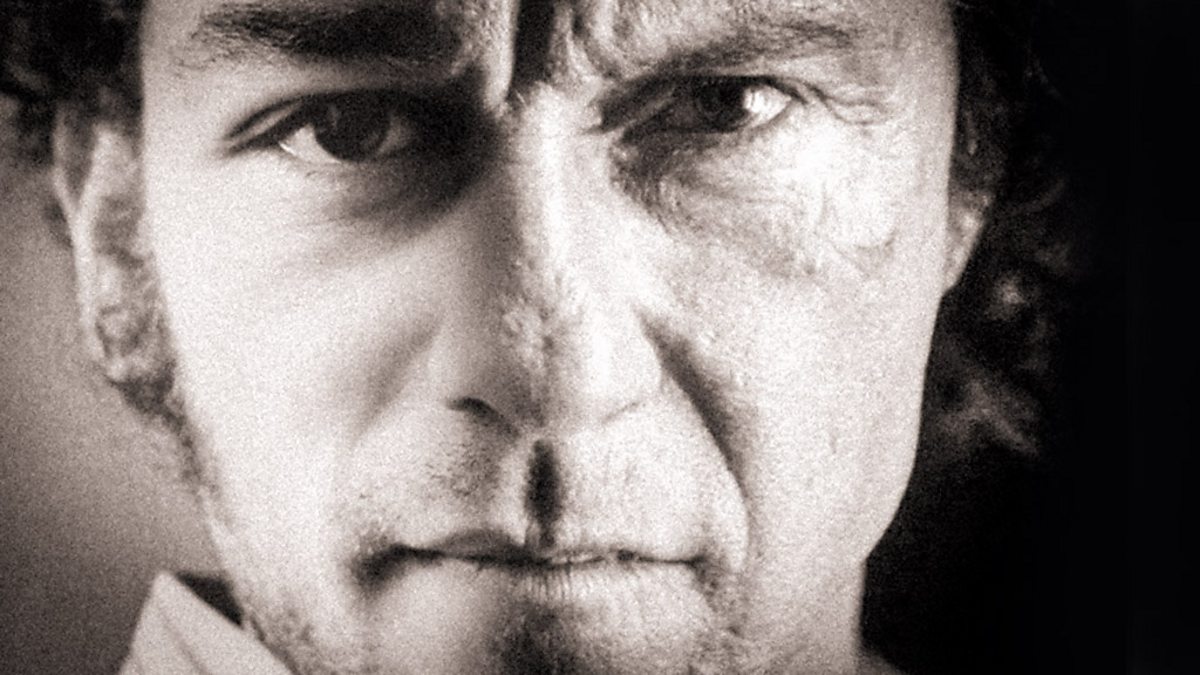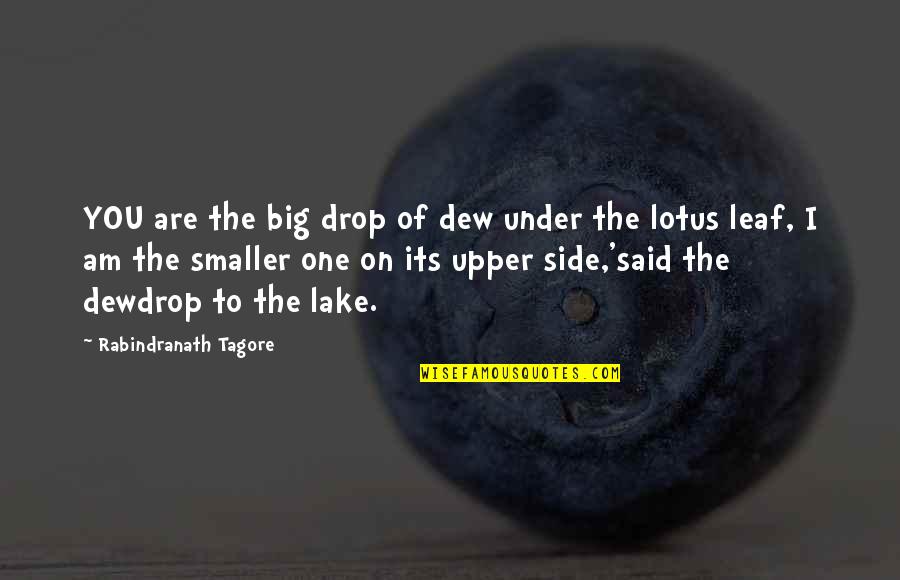


Being predominantly timid and terrified, they desperately seek a refuge from the carefree “Eyes” of souls that dwell in Heaven “Eyes I dare not meet in dreams/ Summary: After proclaiming their deplorable state, the Hollow Men now proceed to offer a glimpse of the other limitations they endure. With direct eyes, to death’s other Kingdom.” Having failed to cross “death’s other Kingdom” (possibly Heaven since dead men are hinted to have “crossed” it with “direct eyes”), they seem to cherish at least one satisfaction, being recalled as “hollow men” by “Those who have crossed Thus being barren, they lack the capacity to stand erect and hence lean “together.” Such is their pathetic condition that neither are they audible (dried voices, whisper) nor can they say anything with reason (Are quiet and meaningless) except a deep rooted bemoaning of their fallen state through the solitary ejaculation, “Alas.” They appear to be a contorted mass of contradictory features: formless (Shape without form), blanched (shade without colour), immobile (Paralyzed force) and have a clueless expression (gesture without motion). Summary: Commenting upon their state in the form of a chorus, The Hollow Men specify that they are “hollow” (emotionally and spiritually) and yet “stuffed” (insignificant trash as straw fill up their heads). With direct eyes, to death’s other Kingdom

Shape without form, shade without colour, The first epigraph, “Mistah Kurtz-he dead” referring to the death of the immoral character, “Kurtz” and the second epigraph, “A penny for the Old Guy” concerning Guy Fawkes Day celebration, seem to prepare us towards getting involved with Eliot’s complex exploration of the agitated psyche of modern man. Eliot too shared this confusion and this becomes apparent right from the very beginning, with the two relevant epigraphs. The Hollow Men was written by Eliot after World War, as a fitting reflection of a soulless generation that seemed to have lost hope in both religion and love.


 0 kommentar(er)
0 kommentar(er)
